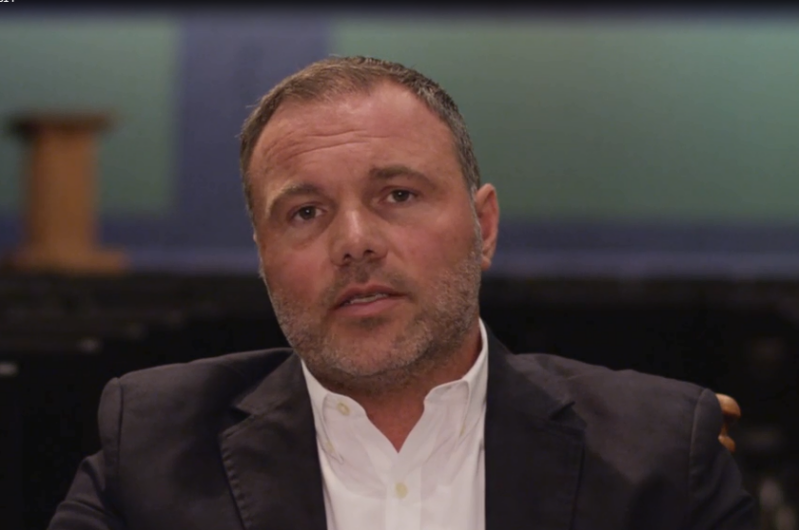
Pastor Mark Driscoll has said that while Christians should practice legal and social tolerance in society and theological tolerance in the Church, they should not tolerate immorality or heresy within the Church.
In a Wednesday post on his blog, the former pastor of the now disbanded Mars Hill Church in Seattle who now leads Trinity Church in Scottsdale, Arizona, said he decided to weigh in on the issue of tolerance because "we live in a culture that values tolerance more than truth."
Far too often, Christians are deemed "intolerant" because we share the Bible faithfully.
"We're told that we should equally value value and affirm all lifestyles," Driscoll says. "That is, of course, except for those who are deemed intolerant. You can't possibly be expected to tolerate them."
He continues: "As the church, can we and should we be tolerant? The short answer is yes. But, as with anything, the issue is more complicated than a simple yes."
Driscoll then outlines three areas where Christians should practice tolerance: First, Christians should practice legal tolerance in society.
"Should we have legal tolerance of other views, other religions, other ideologies, and other perspectives? Yes," he says. "As Christians, we should support people's legal rights. Muslims, Jehovah's Witnesses, Mormons, Buddhists, Bahá'ís, atheists, agnostics, and more-they're welcome to their belief. We don't agree with it, but we'll tolerate it."
Christianity is not a religion that should be imposed on anyone, Driscoll says, thus, rather than "impose" Christian faith on anyone, we "propose" it to everyone.
Second, Christians should practice social tolerance in community: "Jesus tells us to love our neighbor," Driscoll explains. "He doesn't say agree with them. As such, we should love, serve, be good friends with, and be good neighbors to people of other beliefs, ideologies, religions, and perspectives."
Finally, Christians should practice theologian tolerance within the church - that is, "within the bookends of orthodoxy."
"There are all kinds of secondary issues that we tolerate one another on to live together as Christians," he writes. "Even husbands and wives have some secondary issues they disagree on but find a way to tolerate one another for the sake of the relationship. We talk about it, but we're not going to declare war over it. They are distinctions, not divisions."
There are, however, certain things Christians shouldn't tolerate, says Driscoll, the first being heresy within the church.
He contends that in in the church, there are "certain beliefs that are national borders and others that are state borders." National borders are unchanging truths such as "The Bible is God's Word. There is one God in three persons. Jesus is God's Son. Jesus lived without sin, died on the cross in our place, and rose as our Savior. The Bible is the Word of God."
State boundaries are denominations such as Baptist, Lutheran, Presbyterian, etc.
"We should get along across the state borders, but we must protect national borders," he says. "So, if somebody teaches heresy, crosses a national border, while claiming to be a Christian, we say, 'No, we don't tolerate that.'"
The Church should also not tolerance immorality from professing Christians, Driscoll says. He clarifies that this does not apply to non-Christians, as the "problems and divisions in the church are not because of the non-Christians but rather because of those who say they're Christians but live like unbelievers."
"Christianity begins with tolerance and moves to repentance," he said. "Meaning, it doesn't matter who you are, where you are, and what you've done, you can come to Jesus just like you are. But, Christianity is also about change. Jesus will change you as you follow him."
Other prominent evangelical pastors, such as Billy Graham and John Piper, have also weighed in on when Christians should practice tolerance.
"Absolutely, Christians should be tolerant of other people's religious beliefs; namely, with the old tolerance, not the new tolerance," Piper wrote in a Desiring God blog post. "That is, we should be free to name each other's beliefs as false, defective, inferior, or harmful without being accused of hate or injustice or lack of love."
He continued, "Christians should be tolerant of other people's religious beliefs in the good, old, rough-and-tumble way of tolerance when it meant the right to express wrong disagreement and the time when truth was objective, a reality outside ourselves and everyone was pursuing it and arguing whether they had it or not."







